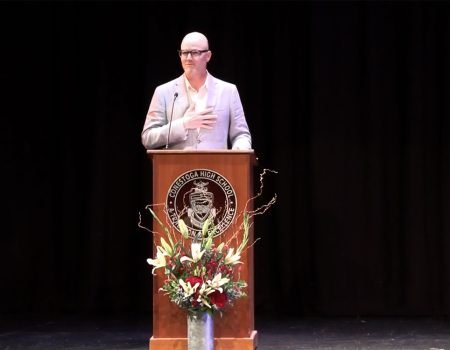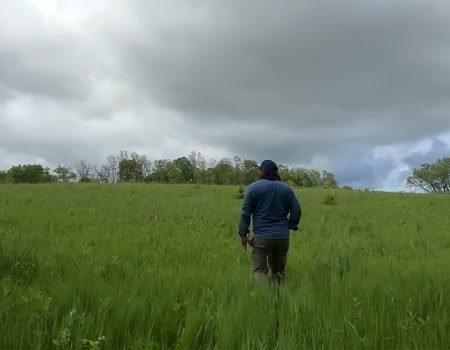The Fog Of More
I’m as tired of writing about sleepless nights as you are of reading about them.
So I won’t even bother with the twitch I’ve developed in my left eye.
Instead, I’ll briefly regale you with an excerpt from an article I read in the New Yorker this morning.
In “At Lincoln’s Deathbed,” author Adam Gopnik explores the historical discrepancy between two accounts of the president’s last moment. Legend has it that Secretary of State Edwin Stanton said, “Now he belongs to the ages.” Other accounts, though, quote Stanton as having said, “Now he belongs to the angels.”
Gopnik’s cover story is a fascinating academic exploration of the historical context and implications around both phrases. But what struck me was his conclusion: an eloquent consideration of memory itself.
History is not an agreed-on fiction but what gets made in a crowded room; what is said isn’t what’s heard, and what is heard isn’t what’s repeated. Civilization is an agreement to keep people from shouting, “Fire!” in a crowded theatre, but the moments we call historical occur when there is a fire in a crowded theatre; and then we all try to remember afterward when we heard it, and who went first, and if we ever really smelled smoke, and what they said. The indeterminacy is built into the emotion of the moment. The past is often so befogged then, too, back when it was still the present.
Somehow, as I finished the article and headed back to bed just before five, I found comfort in the passage. Lying there in the darkest part of night with a thousand memories swirling around my head — memories from the last twenty-four hours, and the last twenty-four years — there was a quiet peace in knowing that, at the end of the day, it was all unknowable anyway.



